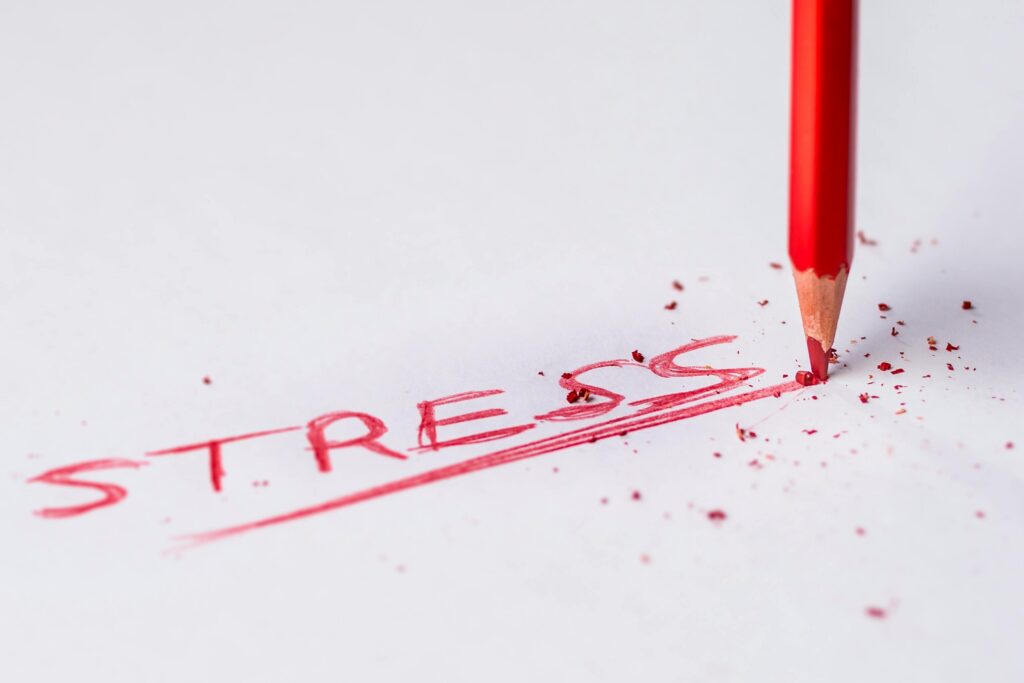Introduction: In today’s fast-paced world, stress has become a common part of life for many people. Whether it’s due to work, relationships, or other factors, managing stress is essential for maintaining mental and physical health. In this guide, we’ll explore the concept of stress management and provide you with practical tips and strategies to help you reduce stress and improve your overall well-being.
Understanding Stress
Stress is the body’s natural response to a perceived threat or challenge. It can be triggered by various factors, including work, relationships, financial problems, and health issues. There are two main types of stress: acute stress, which is short-term and often related to specific events, and chronic stress, which is long-term and can have serious health consequences if not managed properly. Common causes of stress include work pressure, family responsibilities, and major life changes such as moving or starting a new job.
Effects of Stress:
Stress can have a profound impact on both physical and mental health. Physically, stress can manifest as headaches, muscle tension, fatigue, and digestive issues. Mentally, stress can lead to anxiety, depression, irritability, and difficulty concentrating. Chronic stress has been linked to serious health conditions such as heart disease, diabetes, and obesity.
Strategies for Stress Management:
There are several effective strategies for managing stress. Adopting a healthy lifestyle, including regular exercise, a balanced diet, and adequate sleep, can help reduce stress levels. Relaxation techniques such as meditation, yoga, and deep breathing can also be beneficial. Additionally, practicing good time management skills and setting realistic goals can help you feel more in control and reduce feelings of stress and overwhelm.
Seeking Professional Help:
If you’re struggling to manage stress on your own, it may be helpful to seek professional help. There are several types of professionals who can assist you, including psychologists, counselors, and psychiatrists. They can provide you with coping strategies, support, and guidance to help you better manage stress and improve your mental well-being.
Stress Management in the Workplace:
Stress in the workplace is common, but there are steps you can take to manage it effectively. Employers can create a supportive work environment by promoting work-life balance, providing opportunities for professional development, and offering employee assistance programs. Employees can reduce workplace stress by practicing good time management, setting boundaries, and seeking support from colleagues and supervisors.
FAQs:
What are the signs of stress?
How can I reduce stress in my daily life?
Can stress affect my physical health?
How can I manage stress at work?
Is stress always bad for you?
What are the long-term effects of stress?
Conclusion:
In conclusion, stress is a common part of life, but it’s important to manage it effectively to protect your mental and physical health. By understanding the causes and effects of stress and adopting healthy coping strategies, you can reduce stress and improve your overall quality of life. Remember, it’s okay to seek professional help if you’re struggling to manage stress on your own.





